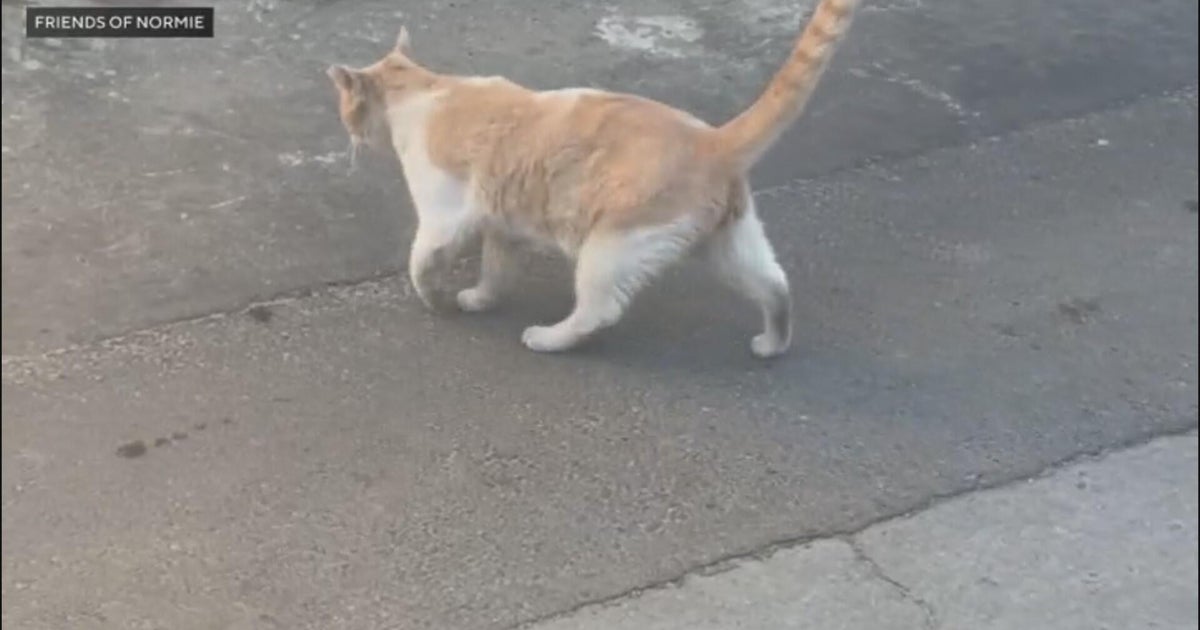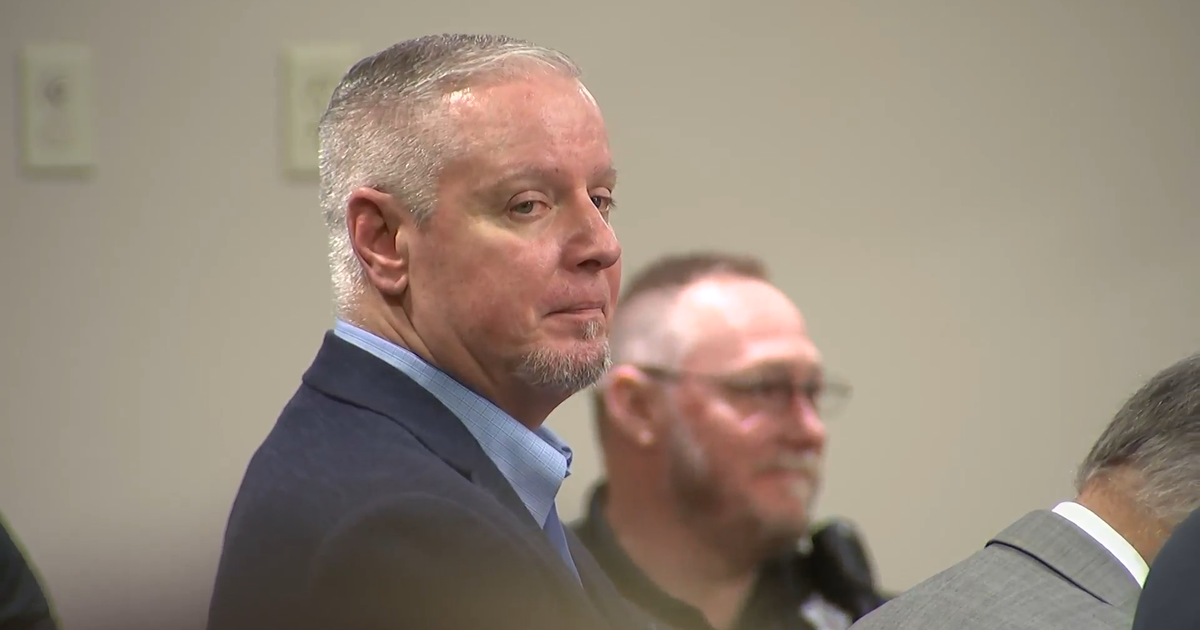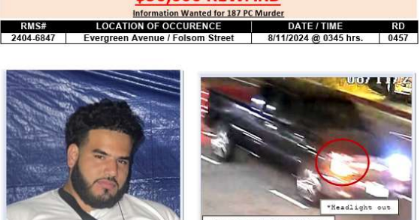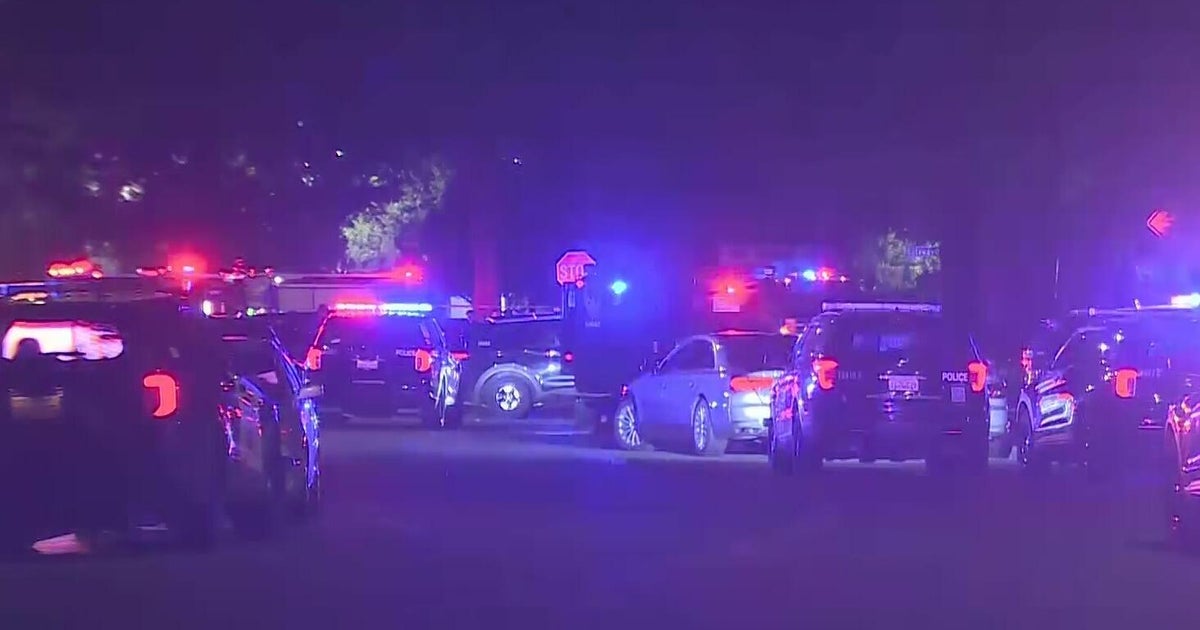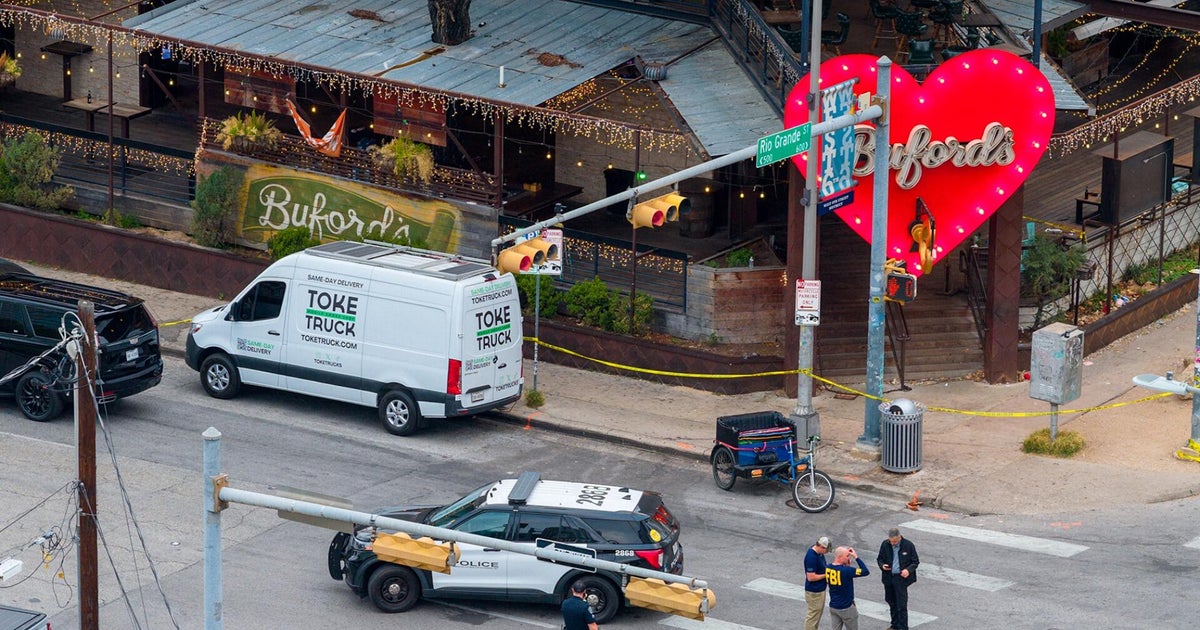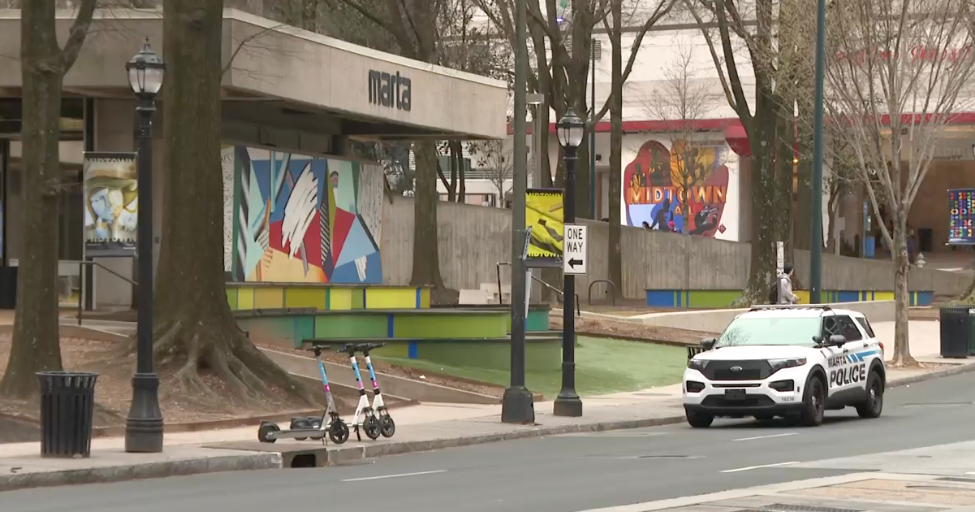Are Mass Shooters Really Just Seeking Fame?
LOS ANGELES (CBSLA.com) — America has a mass shooting nearly every single day.
A mass shooting is described as one in which at least four people are shot in the same incident.
The tragedy in Oregon Thursday has many concerned about the men who wreak this havoc on the public.
Many people want to know if the media attention or notoriety causes killers to act out -- are mass shooters really seeking fame?
CBS2's Cristy Fajardo spoke to a leading psychologist for answers.
Imagine mass murderers without faces -- shootings where only the victims names were known.
Forensic psychologist Dr. Kris Mohandie is renowned for his work with serial killers and is an expert in extreme violence. He says part of the reason we are seeing so many mass shootings is that the gunmen become household names in the mass media.
"We call at least part of the motivation is fame without achievement. These are people. that in least part of their motivation is to be remembered. They are people who felt insignificant," Mohandie says.
There is no denying mass shootings are on the rise.
Mohandie calls it the copycat effect. And says it's no coincidence most of the killers leave behind manifestos, videos or Facebook rants. He says the killers know their messages and their thoughts and lives will be dissected, their friends will be interviewed on the news and they will be widely discussed on social media.
Within hours of being identified, the Oregon gunman was trending on Twitter.
"We're seeing more of this now because there is such an emphasis on getting noticed -- and everyone has to know what you're doing. That is something in our culture that is being magnified. Whether it's reality shows or YouTube, it's 15 minutes [of fame], Monhandie says.
Mohandie believes we have to start denying the killers this notoriety but cautions media attention and fame are not the only factor that sets our culture apart.
"Second reason is, we have so many firearms. We have to do a better job of keeping firearms out of the hands of the mentally ill," he says, "We spend more time debating the politics of it instead of discussing the practicality of keeping these guns out of the hands of people who shouldn't have them. ."
Mohandie says it won't take just political will to change our culture, but societal education, as well.
He points to the unsung heroes who have averted violence by calling authorities. He says most mass shooters will talk before they act: "See something, say something," he says.
That's why, he says we have to listen -- or he warns, we will only continue to burn candles for future victims at more vigils.
